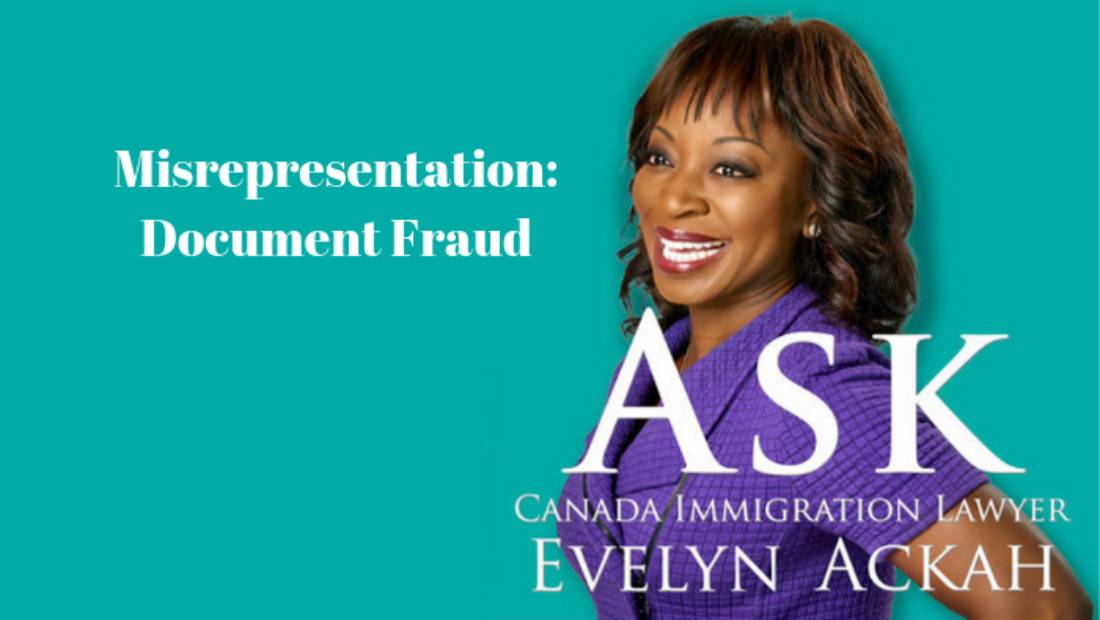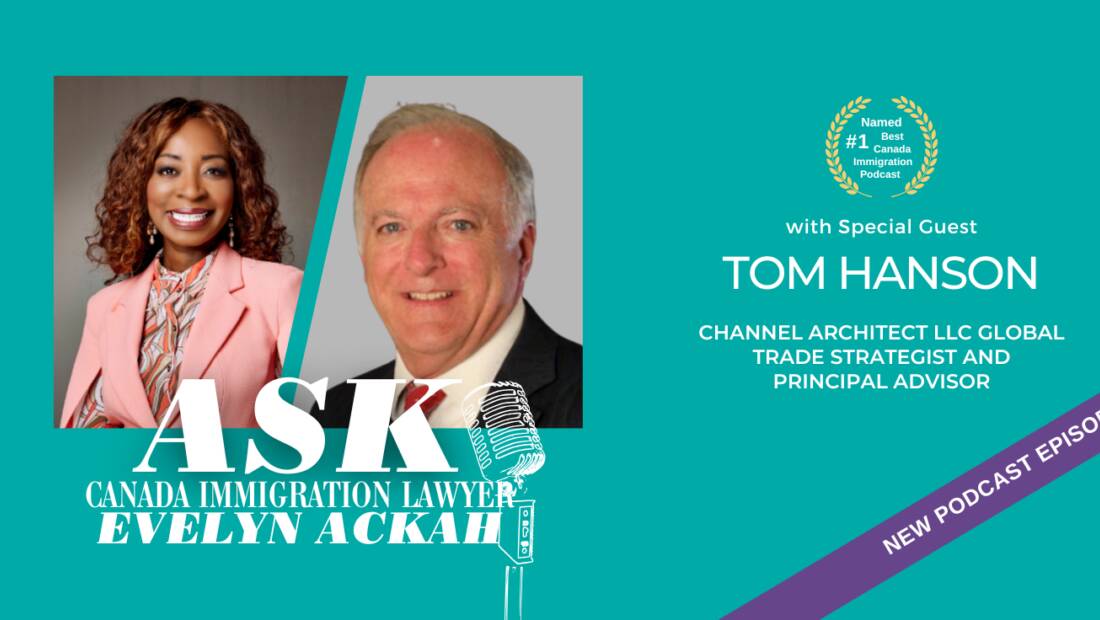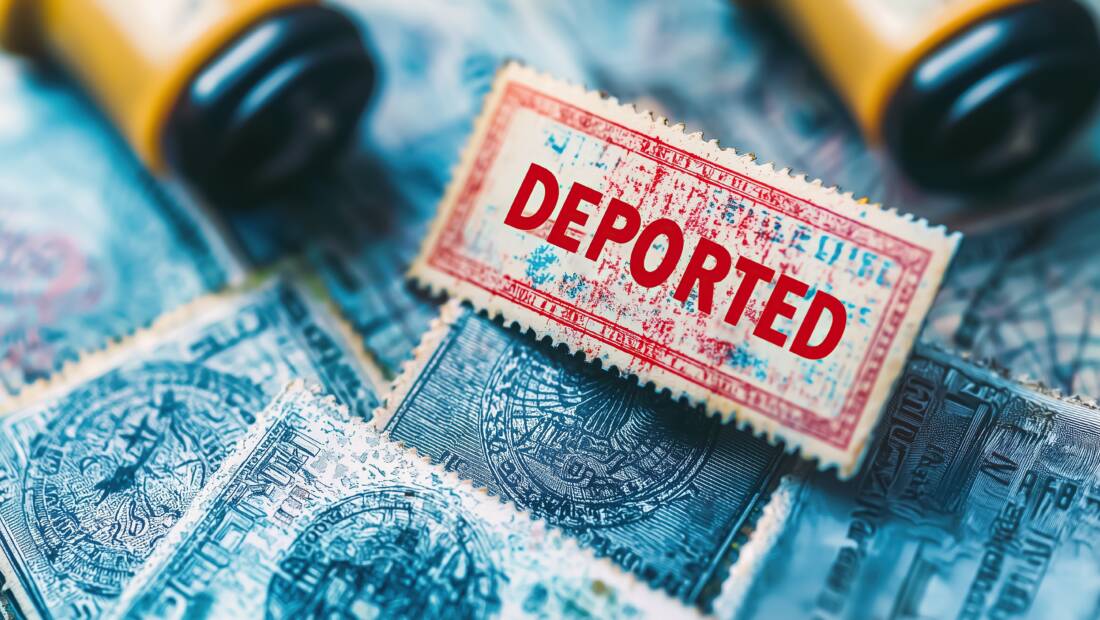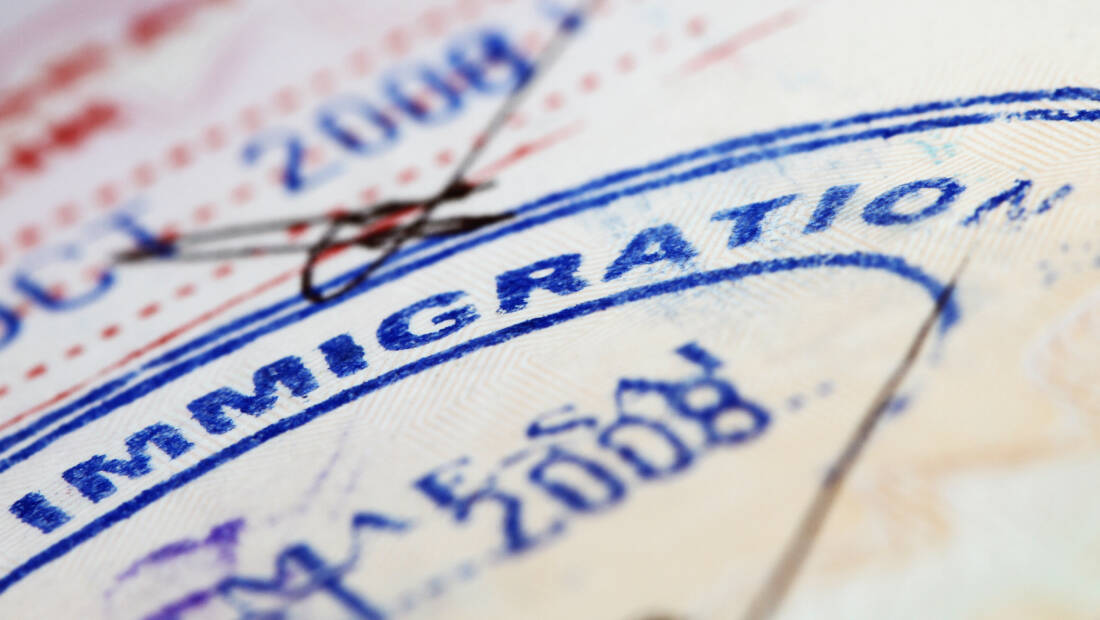Or listen on your favourite podcast app
Show Notes:
What You Need to Know About Misrepresentation, Document Fraud and Immigration
Have you ever been refused a visa? It’s a serious crime to lie or give false information or documents to IRCC:
It’s a serious crime to lie, or to send false information or documents to Immigration, Refugees and Citizenship Canada (IRCC). This is fraud. It’s called “misrepresentation.”
Document fraud can involve either false or altered documents, such as:
- passports and travel documents
- visas
- diplomas, degrees, and apprenticeship or trade papers
- certificates of birth, marriage, final divorce, annulment, separation, or death and
- police certificates
If you lie on an application or in an interview with an IRCC officer, this is also fraud. It’s a crime.
What is considered misrepresentation? It's important that you understand that when you complete any application forms or provide information to the Canadian government, you must ensure that you are not misrepresenting. Whether it's intentional or unintentional you are responsible if there are errors in your application. You are the person who will be at risk if you unintentionally or intentionally misrepresent.
The fines and penalties for misrepresentation can be serious: it can be a ban of five years where you cannot come to Canada or apply for anything, whether it's a visitor, worker or permanent residence, and face a $100,000 fine or imprisonment.
1. 100% Truthfulness
It's important that you take your time work with professionals and review drafts over and over again to ensure that everything that is submitted on your behalf or that everything you submit is 100% truthful. so
Section 40 of the Immigration Refugee Protection Act defines misrepresentation as follows:
a permanent resident or foreign national is inadmissible if you misrepresent whether it's directly or indirectly misrepresenting or withholding material facts relevant to the application
Section 16 of the Immigration Refugee Protection Act states that a person must answer all questions truthfully. This is the foundation of immigration in Canada. You must ensure that there are no errors because it's hard to go back and say, Oh I didn't know that was happening and I just signed the form.
2. DIY Applications
When we get a call from someone and they've completed the immigration application on their own and they made a mistake and they're calling us for assistance. It's very difficult after the fact to clean up a mistake that, even if it was unintentional, could affect the outcome of the application. Our role is always to ensure people tell the truth. We always suggest that we immediately correspond with Immigration and advise them of the oversight or the unintentional misrepresentation.
Share the accurate information and then it's in the hands of Immigration whether or not they refuse your application or to allow you to proceed with the application with the correction.
3. The Electronic Travel Authorization
The Electronic Travel Authorization (eTA) application process is done online and individuals have to do it
themselves. This application asks specific questions about having a criminal record. The actual language on the ETA says,
Have you ever been refused a visa or permit, denied entry to or ordered to leave Canada or any other country or territory?
This is not just related to Canada. It's any other country or territory. At Ackah Law we receive a number of calls from people who indicated, No I've never been refused visa or anything from Canada, and they take it as only relating to Canada when it actually refers to or any other country or territory.
When you make this mistake it affects your application significantly because you've essentially misrepresented: you've lied if you say you have not been refused a visa from Canada but yet you may have been refused a visa rom the United States or from any other country.
Another question on the electronic Travel Authorization is,
Have you ever committed, been arrested for, been charged with or convicted of any criminal offence in any country.
If they find that you answer incorrectly or don't reveal every aspect of answering that question, you will be barred from coming to Canada. They will refuse your electronic travel authorization because they will know that you did not tell the truth.
Withholding material facts from Immigration that are relevant or being sponsored by an individual who has been found to be inadmissible for misrepresentation
4. Fake Claims or Documents and Marriage Fraud
Making fake claims or using fake documents is very very serious. At Ackah Law we do a lot of spousal sponsorships. I have to believe that this relationship is legitimate. I need to see all the paperwork, the pictures, the story of the relationship, how many years they've been together, how much travel they've done back and forth or together in order for me to be satisfied that this is a legitimate and honest relationship; that is a marriage or a spousal relationship of common-law.
If you find out you married somebody and you think it's for love, and then they come here and they abandon you the minute they get here or you find out that they only married you to come to Canada, that is also misrepresentation. The victim also has a responsibility to contact Immigration and advise them and explain the situation.
5. Adoption Fraud
If you're starting a process of adoption overseas of a child baby or toddler or somebody under 18, only to find out that it's not actually a child that's adoptable or that they're not eligible to leave the country and you've those are situations of fraud. It's incumbent on you to notify Immigration Canada and the border officials and tell them what you've learned so that it doesn't impact you.
The impact of misreprentatios is so significant that for years and years down the line it could affect your ability to enter other countries because the question will be asked on their applications. More and more immigration officials around the world are sharing information.
You are responsible and accountable for making sure your application is complete, accurate and completely 100% honest. Sometimes people will blame the lawyer or the immigration consultant that they're working with, Oh I didn't know - my lawyer just gave me blank forms, I signed them andthey submitted it. If Immigration determines that you are guilty of misrepresentation or document fraud, you will face severe penalties including fines, imprisonment and be barred from entering Canada.
if you have any questions on immigration or misrepresentation that you'd like to discuss before you apply, or something has happened and you want to talk to me after you've already filed your application, please contact Ackah Immigration Business Law at (403) 452-9515 Ext. 100 or 1-800-932-1190 or email us directly to find out if you are qualified to move to Canada.
Learn More:












